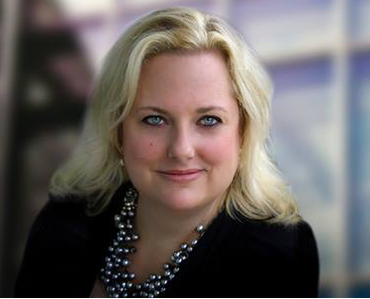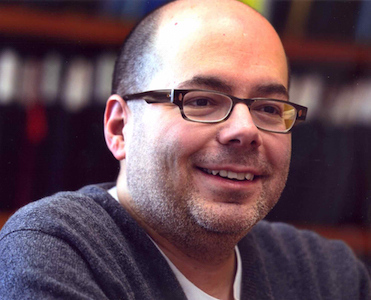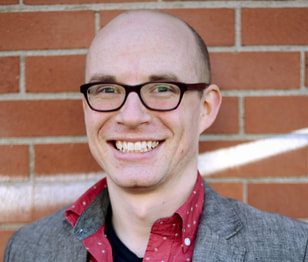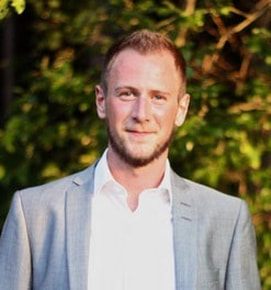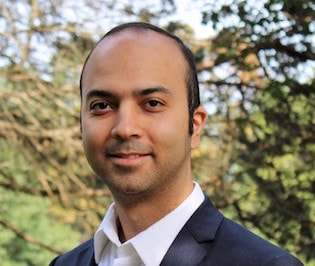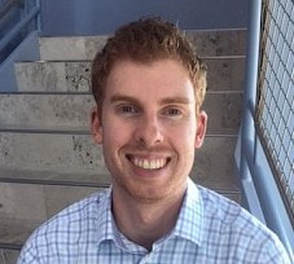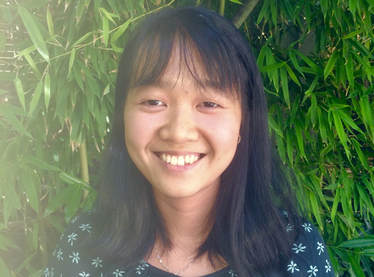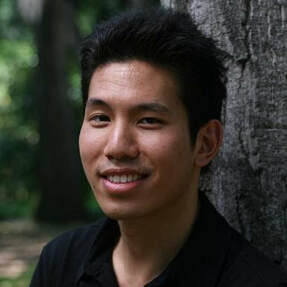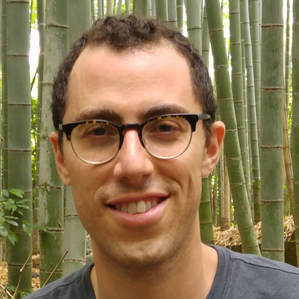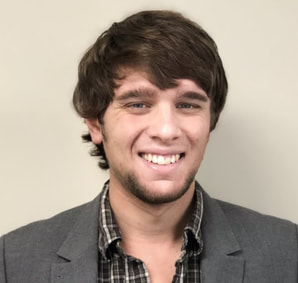Michelle N. Meyer, PhD, JD
|
Christopher F. Chabris, PhD
|
|
Michelle is an Associate Professor in Geisinger Health System's Center for Translational Bioethics and Health Law Policy. Michelle is also (with Christopher Chabris) the founding Faculty Co-Director of the Behavioral Insights Team in Geisinger's Steele Institute for Health Innovation, which designs, implements, and rigorously evaluates "nudges" and other lightweight behavioral interventions to improve outcomes for patients, providers, and other Geisinger stakeholders. In addition to conducting independent research, in her role as Associate Director, Research Ethics, she chairs Geisinger’s IRB Leadership Committee, directs its Research Ethics Advice and Consulting Service, and plays a leading role in advancing Geisinger as a learning health system. Previously, she was an Academic Fellow at the Petrie-Flom Center for Health Law Policy, Biotechnology, and Bioethics at Harvard Law School, a Greenwall Fellow in Bioethics and Health Policy at The Johns Hopkins and Georgetown Universities, and a Research Fellow at the John F. Kennedy School of Government at Harvard. She earned a Ph.D. in religious studies, with a focus on practical ethics, from the University of Virginia and a J.D. from Harvard Law School, where she was an editor of the Harvard Law Review.
|
Christopher is a Professor at Geisinger, and a Visiting Fellow at the Institute for Advanced Study in Toulouse, France. His research focuses on attention, intelligence (individual, collective, and social), behavior genetics, and decision-making. He received his Ph.D. in psychology and A.B. in computer science from Harvard University. Chris is the co-author of the New York Times bestseller The Invisible Gorilla: How Our Intuitions Deceive Us, which has been published in 20 languages to date. He shared the 2004 Ig Nobel Prize in Psychology (awarded for "achievements that first make people laugh, and then make them think"), given for the scientific experiment that inspired the book. Chris has spoken to audiences at major conferences and businesses, including PopTech, Google, Credit Suisse, and Procter & Gamble, and his work has been published in leading journals including Science, Nature, Psychological Science, Perception, and Cognitive Science. He is a chess master, poker amateur, and games enthusiast; for three years he wrote the monthly "Game On" column in The Wall Street Journal. He also contributes to The New York Times, Los Angeles Times, Slate, and other publications.
|
Randi Vogt, PhD
|
Lab Alumni
Patrick Heck, PhD
|
Richard Karlsson Linnér, PhD
|
|
Patrick received his PhD from Brown University in 2016, where he later served as a Visiting Assistant Professor. His research interests include social judgment and decision-making, social cognition, self-enhancement and overconfidence, and accuracy and bias in human judgment. Patrick has published work on a variety of topics in psychology, including self-enhancement and overconfidence, reputation and strategic interaction, happiness and well-being, and the heuristic value of inferential statistics. At Geisinger, Patrick conducted research on overconfidence, strategic ignorance, and perceptions of experimentation and the scientific method—first as a postdoctoral fellow and then as a staff scientist. He left the lab to join the Decision-Making and Behavioral Studies division of the Consumer Financial Protection Bureau, a U.S. federal government agency.
|
Richard was a postdoctoral researcher trained in Economics and Behavioral Genetics. The aim of his PhD research was to elucidate the genetic and epigenetic architecture of behavioral and social-scientific traits, and neuropsychiatric disorders, by analyzing large genetic datasets. He is the lead author of the largest genome-wide association study (GWAS) on risk preferences, performed in more than 1 million individuals. That study identified hundreds of genetic loci associated with risk tolerance and several risky health behaviors. He is also the lead author of the largest epigenome-wide association study (EWAS) on educational attainment. Through his research in social-science genetics, Richard has extensive knowledge and experience of applying genetic methods such as polygenic scores, e.g., to perform prediction of individual susceptibility and propensity, and to strengthen statistical and causal inference in empirical research. His postdoctoral research activities can largely be categorized along three lines, with the purpose to study: (a) the polygenic influence on the risk and severity of neuropsychiatric disorders, (b) the genetic factors underlying the externalizing spectrum, and (c) the effects of genetic health risks on longevity and economic decision making. He left the lab for a faculty position.
|
|
|
Pedram Heydari, PhD
|
Henri Carlos Santos (Hansky), PhD
|
|
Pedram received his Ph.D. in Economics from UC San Diego in 2018. He is primarily interested in both the experimental and theoretical aspects of behavioral economics and decision making. He is also interested in social and economic networks as well as topics in political economy, such as voting and conformity. At Geisinger, he designed online experiments and analyzing large data sets to evaluate various human decision making models and behavioral interventions (e.g. nudges and choice architectures) and help patients and physicians make better decisions. He left the lab to join the economics faculty at the University of Pittsburgh as a Visiting Assistant Professor.
|
Hansky expects to complete his PhD in Psychology from the University of Waterloo in July 2018. He investigates how people can make wiser decisions in a variety of domains: healthcare, interpersonal and inter-group conflicts, and challenging situations in life. He also studies the nature and origins of cultural change, and analyzes large, international data sets to understand shifts in the ways people think and interact with each other. His other research interests include emotional complexity, successful aging, meaning-making processes, and conflict resolution. At Geisinger, he studied how doctors and patients make decisions and how to help patients and doctors manage uncertainty about health outcomes and make wise and ethical choices about their healthcare. He left the lab to join Geisinger's Behavioral Insights Team as a staff scientist.
|
Matt Brown, PhD
|
Anh V. Huynh, BS
|
|
Matt was a staff scientist, and then an Assistant Professor, at Geisinger Health System. He received his Ph.D. in Industrial and Organizational Psychology from Central Michigan University in 2016. Matt’s research interests include the development and validation of psychological assessments, preemployment testing, teamwork, and the measurement of job attitudes. In addition to his role in the lab, Matt also works as an OD Analyst in Human Resources where he provides expertise in survey development and data analysis and designs custom organizational surveys. Prior to coming to Geisinger, Matt was a research scientist at Wonderlic, Inc. He left Geisinger to join XXX.
|
Anh Huynh was a Research Assistant at Geisinger Health System. She graduated cum laude with a BS in psychology and a BA in journalism from the University of Washington – Seattle, where she conducted research in implicit bias. She then worked for a year as an AmeriCorps member for a nonprofit college-access program before joining the Meyer-Chabris lab in summer 2018. Her research interests include decision making, self-perception, social judgement, and the use of behavioral science in solving social problems. Outside of research, Anh enjoys following business and financial news, reading, and exploring new places. Anh left the lab to pursue a Masters program in user design XXX at the University of Washington.
|
Jonathan Wai, PhD
|
Stephen Anderson, BS
|
|
Geoff is a Postdoctoral Research Fellow at the Center for Translational Bioethics and Health Care Policy and at the Autism and Developmental Medicine Institute at Geisinger Health System. His research focuses on the ethics of brain and behavioral science and on the cognitive science of moral judgment. At Geisinger, Geoff’s work leverages discoveries in social and cognitive psychology to eliminate biases, fallacies, and illusions from bioethical decision-making. Before coming to Geisinger, Geoff was a Postdoctoral Research Fellow in Neuroethics at the Illinois Institute of Technology’s Center for the Study of Ethics in the Professions. He received his PhD in Philosophy from CUNY Graduate Center in 2014. While studying philosophy in New York, he did standup comedy for three years, and then worked in a neuroscience lab for two years. In his spare time, he enjoys shooting the breeze with friends, listening to podcasts, and chasing around his dog, Turbo. He left the lab to become a Visiting Assistant Professor of Psychology at Franklin & Marshall College.
|
|
Collaborators
- Meg Doerr, MS, Sage Bionetworks
- Luke Gelinas, PhD, Harvard Law School
- Moran Snir & Guy Snir, Clear Genetics
- Jennifer Wagner, JD PhD, Geisinger Health System
- Duncan Watts, PhD, Microsoft Research
- John Wilbanks, BA, Sage Bionetworks
